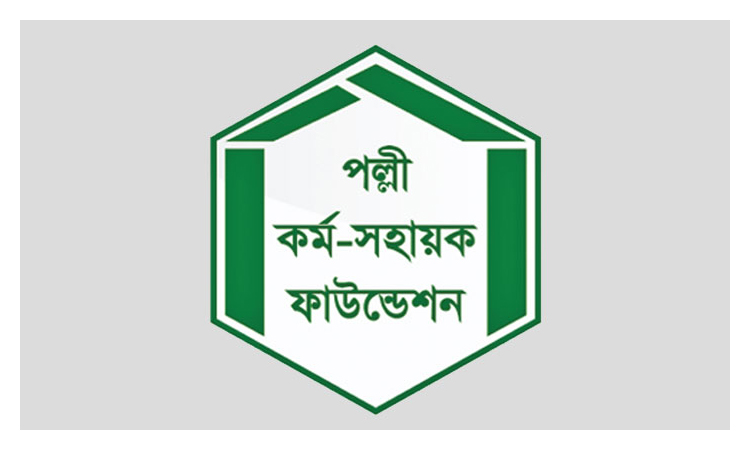News Flash

DHAKA, Sept 30, 2025 (BSS) - Palli Karma-Sahayak Foundation (PKSF) will set up more than 500 solar-powered desalination plants in the coastal areas of Bangladesh to mitigate the acute drinking water crisis.
Using Reverse Osmosis technology, these plants will provide safe drinking water to low-income communities in Satkhira, Khulna, and Bagerhat districts, said a press release.
Notably, PKSF has already set up 83 desalination plants in coastal regions.
The announcement was made today at an inception workshop on the ‘Safe Water Project’ held at PKSF Bhaban in Agargaon in the city.
The meeting was chaired by PKSF Managing Director Md Fazlul Kader. Additional Managing Director Dr Mohammad Jashim Uddin, Deputy Managing Directors Dr Fazle Rabbi Sadeque Ahmed and Md Hasan Khaled, and General Manager Dr AKM Nuruzzaman spoke in the workshop.
Financed by the ‘Adaptation Fund’, the Safe Water Project aims to increase access to potable water in project areas from 30.3% to 95% within the next three years. Around half a million people in coastal regions will directly benefit from the project. Special priority will be given to extreme-poor households, forest-dependent families, and marginalized rural communities.
In his speech, PKSF Managing Director Md Fazlul Kader said that due to the lack of easily accessible sources of safe drinking water, coastal people are compelled to use saline water, which is worsening their living conditions.
Saline water consumption has been causing health issues such as waterborne diseases, skin problems, hypertension, and adverse impacts on women’s reproductive health, he added.
To tackle this crisis, he said, PKSF is installing desalination plants through an appropriate business solution with active community participation.
Dr Mohammad Jashim Uddin highlighted that since Cyclone Sidr in 2007, PKSF has been working to ensure safe drinking water in coastal districts.
Deputy Managing Director Dr Fazle Rabbi Sadeque Ahmed explained that Reverse Osmosis (RO) plants remove dissolved salts and other harmful substances, making water safe for drinking.
In the reverse osmosis process, saline water is forced at high pressure through a semi-permeable membrane. The membrane allows only water molecules to pass through while blocking salts and other contaminants.